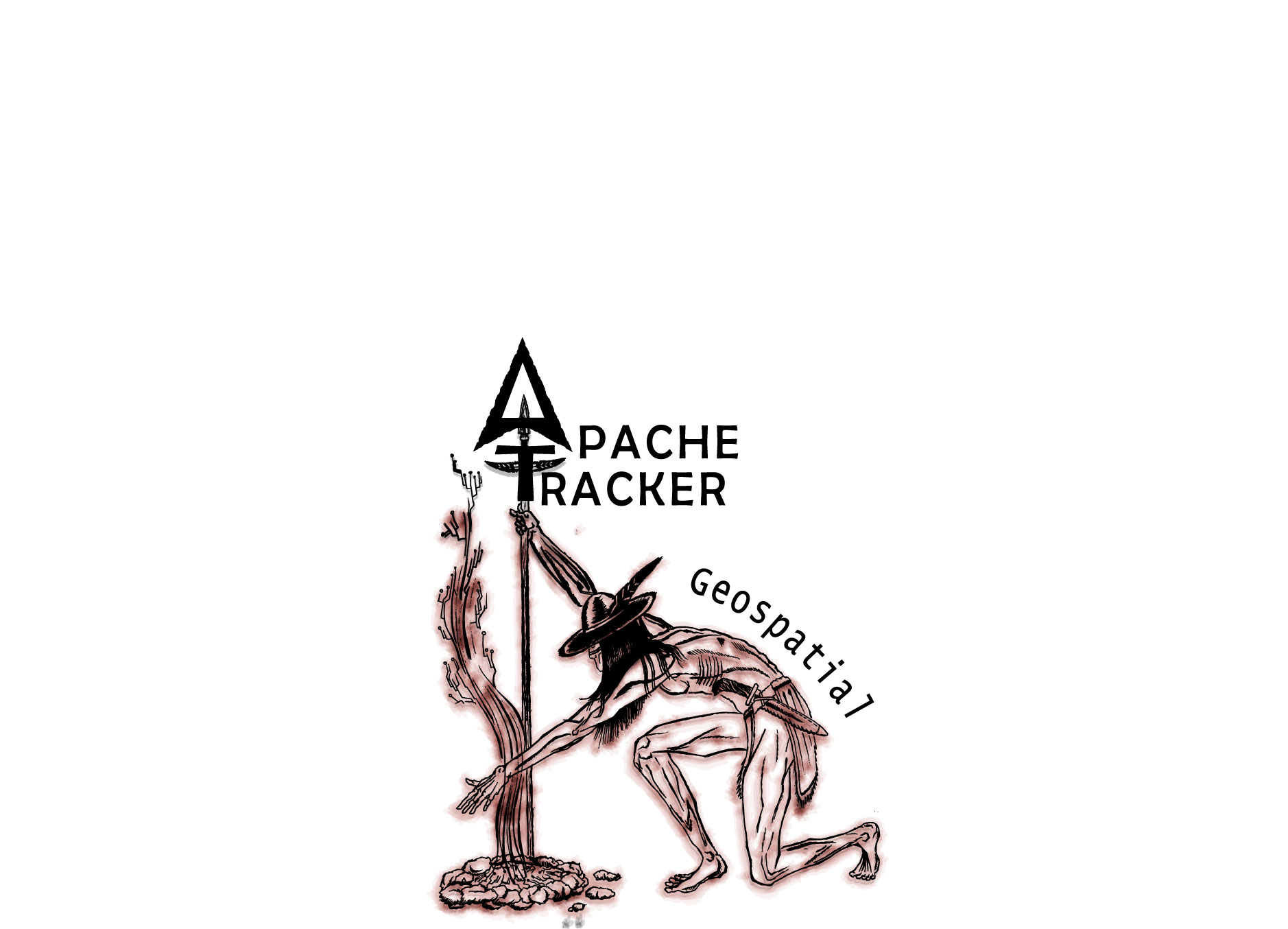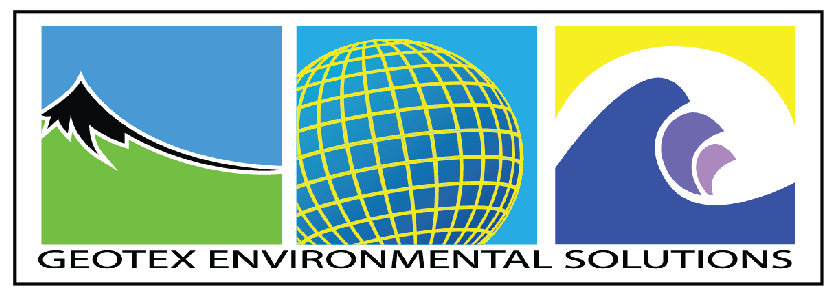|

|
Apache
Tracker
The New Braunfels Police Department’s primary purpose is to provide
professional law enforcement and public safety services to the City of New
Braunfels, Texas. As the city grows the Department is exploring the
possibility of using a Geographic Information System (GIS) to help manage
information. One of the steps they have taken is to ask the Apache Tracker
Geospatial Team—a student project group for Texas State University—to develop
a tool to map their active Class C Misdemeanor warrants. Plotting these
records on a map, called geocoding in technical terms, will allow the
Department to actively pursue outstanding warrants and assist in planning
operation.
|
|

|
GenIuS Inc.
The purpose of this project was to assist The City of New Braunfels Public
Works Department with developing and testing a Geodatabase
for their water drainage and right-of-way infrastructure. In addition, Genius
Inc. provided the details of the methodology, projected cost and provided a
user manual. The Geodatabase will be used to set a
new foundation for the Public Works Departmentto
organize and maintain records specifically for water drainage and
right-of-way infrastructure. Genius Inc. was able to work closely with New
Braunfels to meet their expectations effectively through various meetings,
field work and provided updates.
|
|

|
GeoSolutions
Our goal is to create visual representations of the restricted airspace zones
so they may be easily understood by city staff and the public by: creating a
3D visualization of the restricted airspace zones, using Google SketchUp and ArcGlobe, to break
down the barriers of complicated geometry and making the 3D visualization
web-based with Google Earth. In this way, the model can be accessed by the
general public. Also, we developed a raster map that will allow city staff to
identify maximum building heights at any point within the Airport High Hazard
Zoning Districts. With the raster map, city staff can quickly and accurately
inform landowners and developers of any height restrictions they may need to
abide by.
|
|

|
GEOTEX
The Edwards Aquifer is a natural karst aquifer that supplies water to 1.7
million Texans every year and covers 12 counties in South Central Texas. The
aquifer contains four zones: the recharge zone, the artesian zone, the
contributing zone, and the transition zone.
The recharge zone spans 1,250 miles and is characterized by its unique fractured
and honeycombed geology which allows large quantities of water to flow into
the aquifer. While this geology allows for surface runoff to pass through, it
also makes the aquifer vulnerable of contamination by pollution and
wastewater. The Greater Edwards Aquifer Alliance (GEAA) is working to protect
this from happening.
|
|

|
ACWQ
The City of Austin’s (COA) Urban Forestry Program approached the team at Austin
Canopy and Water Quality seeking information about the relationship between
water quality, impervious cover and tree canopy.
The purpose of the teams work was to determine tree canopy and impervious
cover percentages for EII Reaches that had water quality sampling sites at or
within .5 miles of the downstream intersect of the creek line and reach
boundary. The team also calculated percentages of canopy and impervious cover
within a 300ft creek line buffer and the COA buffer.
|